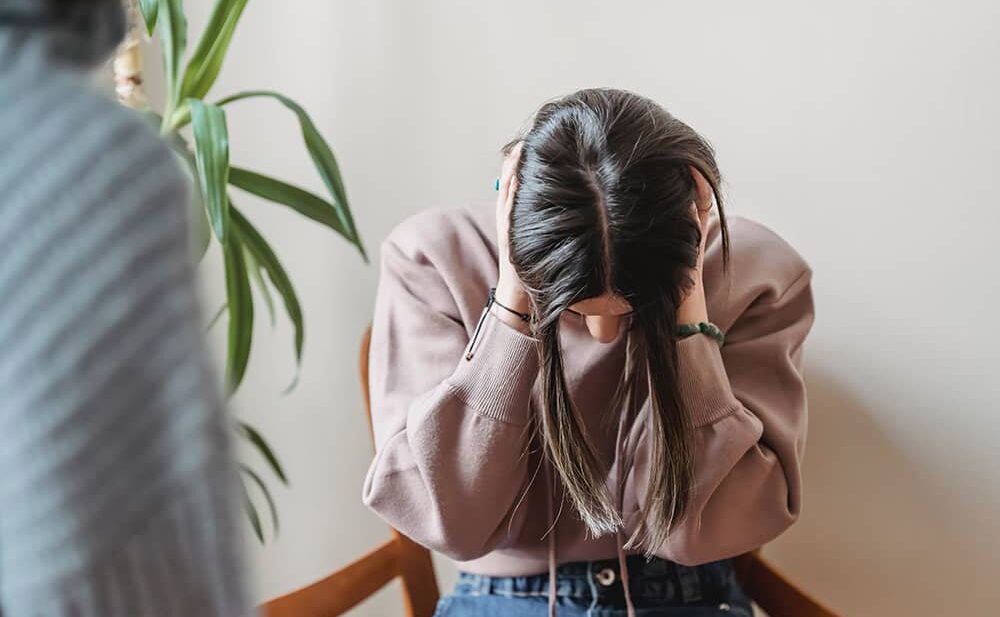- March 11, 2025
- by yourbraincoachd
- Uncategorized
Managing Anxiety
Absolutely, managing anxiety is a journey that requires consistent effort and various strategies. Here are 12 practical tips to help you cope with an anxiety disorder:
- Move!: Incorporate regular physical activity into your routine. Exercise is a potent stress reliever that can uplift your mood and contribute to your overall well-being. Begin at your own pace and gradually ramp up both the duration and intensity of your activities.
- Avoid Alcohol and Recreational Drugs: These substances can exacerbate anxiety. If you find it challenging to quit on your own, seek support from your healthcare provider or consider joining a support group.
- Quit Smoking and Limit Caffeine: Nicotine and caffeine can heighten anxiety levels. Taking steps to quit smoking and moderating your caffeine intake can make a significant difference.
- Practice Stress Management and Relaxation Techniques: Techniques such as visualization, meditation, and yoga can be powerful tools in alleviating anxiety. Consistent practice of these relaxation methods can bring about noticeable improvements.
- Sleep: Ensure you get enough restful sleep to feel rejuvenated. If you’re struggling with sleep, don’t hesitate to discuss it with your healthcare provider.
- What you eat is how you feel: Embrace a nutritious diet rich in vegetables, fruits, whole grains, and fish. Research suggests that a healthy diet may be linked to reduced anxiety, although further studies are needed in this area.
- Educate Yourself: Engage in open conversations with your healthcare provider to understand the specific factors contributing to your condition and the most effective treatment options. Involve your loved ones and seek their support in this process.
- Recognize Your Triggers: Identify the situations or actions that tend to induce stress or heighten your anxiety. Practice the coping strategies you’ve developed with your mental health provider to effectively manage these feelings.
- Keep a Journal: Documenting your daily experiences can be incredibly helpful for you and your mental health provider to pinpoint stressors and identify effective coping mechanisms.
- Stay Connected: Don’t let worries isolate you from your loved ones and the activities you enjoy. Socializing and maintaining meaningful connections can provide invaluable emotional support.
- Get a coach or a therapist.
- Do not leave the situation when anxiety occurs. Hanker down and wait until it passes. If you leave you will create a pattern that will later require work to break.
Remember, progress may take time, so be patient with yourself. Each step forward, no matter how small, is a significant achievement in your journey towards managing anxiety. If you ever need further guidance, don’t hesitate to reach out to a mental health professional. You’re not alone in this! I highly recommend getting a coach or a therapist it will bring results much quicker when you do it in tandem and are not alone in it. Feel free to reach out to me and schedule a free consultation. Lets see if I’m a good fit for you.
See for yourself how Rewiring Your Brain Can Help!


Dominika Staniewicz
Your Brain Coach D
http://yourbraincoachd.com/











